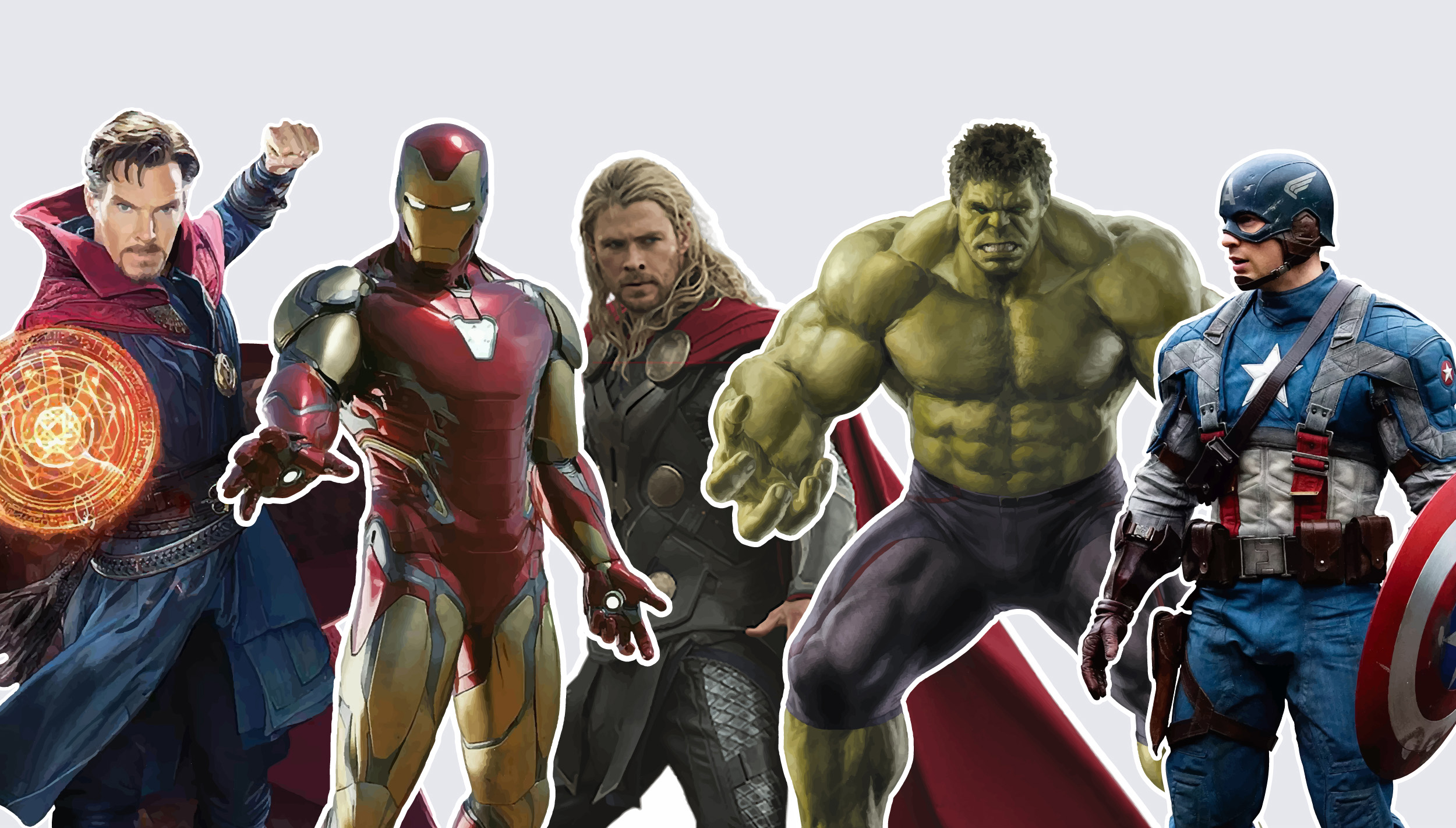
By Chuck Chapman
In 1961, Stan Lee headed up a group of creators who invented what has become known as the “Marvel Comic Universe.” They also created a group of characters who collectively, through comic books, video games, movies and even theme parks have a net worth exceeding $5 billion.
Lee probably wasn’t thinking about DISC personality styles when he created The Fantastic Four, Iron Man and all the rest of his heroes. His group of Avengers unquestionably demonstrate the same traits we all do as they work together to save the universe from destruction. Let’s take a look at which characters best illustrate the different DISC styles.
Warning: Spoilers ahead
Dominant-Thor (Demanding, Decisive, Determined)
The God of Thunder is without a doubt the most demanding of all the Avengers. Thor was born into a dominant role on Asgard, and given his strength (and hammer), naturally assumed that role on Earth. Thor doesn’t hem and haw or even negotiate. He uses his raw power to defeat his foes.
That presents a problem for Thor, however, as he and the Avengers face off against Thanos. First, Thanos has raw power equal to or even greater than that of Thor. Second, as part of the Avengers’ team, Thor must learn to take a secondary role from time to time and defer to others’ decisions.
Inspiring-Iron Man (Enthusiastic, Emotional, Seeks approval)
Tony Stark is the idea man, a role he inherited from his father, Howard Stark. He is always looking for ways to use his big brain to make everyone better. And like a true “I” Tony wants the approval and adulation due him. He never shies away from the limelight.
He is also the most persuasive of the Avengers. He is at the center of the rift in Civil War and also the lynchpin in getting everyone on board the plan to defeat Thanos. In the end, Tony is willing to sacrifice himself for the success of the mission.
Supportive-Captain America (Steady, Stable, Seeks security)
You might think it difficult to find an “S” among a group of superheroes, but Steve Rogers, aka Captain America, is the ideal “S.” Perhaps it’s because of his humble beginnings, but Cap is the least concerned about power or being right among his colleagues.
Steve literally comes from a different era. His Captain America persona was born in a time that valued loyalty and dedication to the “American ideal.” His emphasis on security and loyalty often puts him at odds with Tony/Iron Man when Tony wants to go off on his own. Cap is no doubt a leader, but at heart he will always be a good soldier.
Cautious-Dr. Strange (Competent, Calculating, Seeks answers)
Stephen Strange does become the keeper and protector of ancient, mystical powers, but at his essence, he is still the data-driven doctor from before his transformation. He struggles mightily to accept even the possibility of his new powers, telling the Ancient One: “This–this doesn’t make any sense. All of this mysticism and crap! I mean, you’re asking me to open my mind to the possible? What possibilities?! You want me to believe in the impossible. A-about fairy tales, about chakras and energy, the power of belief? I came here because I believed you could help me, not turn me into a magician!” Few lines capture the essence of a “C” more than these.
Dr. Strange eventually applies his own “C”-ness to his new role, as evidenced at the end of Infinity War when he tells Tony Stark/Iron Man that he gamed out 14,000,605 possible futures and only one gave them a chance of defeating Thanos. That’s a “C” who did his homework before making a decision!
Bonus-Hulk/David Banner (D/C)
The split personalities of The Hulk and Dr. David Banner give us a great example of adaptive styles. As David, we get an analytical problem-solver who can break down variables to arrive at logical conclusions. In the heat of battle, however, sometimes something different is needed. That’s when The Hulk shows up and says, “Hulk smash!”
Rarely do individuals demonstrate this stark difference in adaptive styles, but it does remind us that none of us are fixed into any one style and we can learn to modify our communication and the way we approach problems depending on what the situation calls for.
Each of us has our own unique communication style, our natural preference for how we prefer to communicate. This phenomenon is expressed through the DISC model. In this series of posts, we take characters from popular culture (television, movies, history, etc.) and analyze where we think they fall on the DISC spectrum. We hope these posts will help you better understand the DISC model.
But don’t just take our word for it. Feel free to share and comment on our social media channels with your own interpretations as well as suggestions for other pop culture icons we can look at through the DISC lens.

